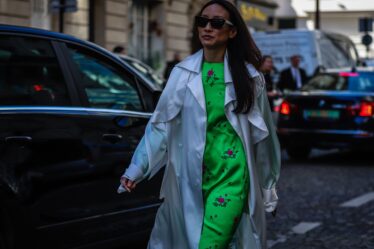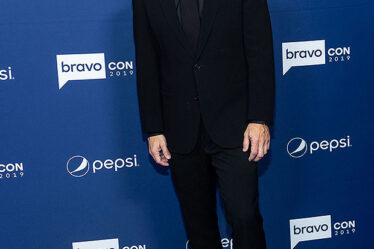
It’s a question everyone asks themselves at some point: should I cut bangs? If you’ve never had them before, snipping this hair could feel even more urgent in your 60s (maybe, just maybe, this is the bold hairstyle you’ve been searching for your entire life). However, you’ve probably heard that bangs require lots of maintenance and styling know-how—and that they don’t always flatter every face shape. But if you’ve decided you want them, we’ve got your back. Ahead, hair stylists tell us their best tips for having bangs over 60. Say hello to a new hair era that includes fabulous fringe.
READ THIS NEXT: 5 Benefits of Letting Your Hair Go Gray, According to Stylists.
Choosing the best bang for your face shape is key. “One tip I have is to always look at pictures of different bang styles,” says Cindy Marcus, a professional hairstylist in Las Vegas and editor-in-chief of Latest Hairstyles. “See what you like and don’t like and show them to your stylist, and ask for their advice on which they think will look best on you.”
As you flip through inspiration pictures, you’ll also want to consider your face shape. “Look at women with bangs that have similar facial features as you do,” Marcus adds. “This will help you to get a better idea of how bangs will look on you.”
After that, Marcus suggests just going for it—and remembering that hair always grows back.
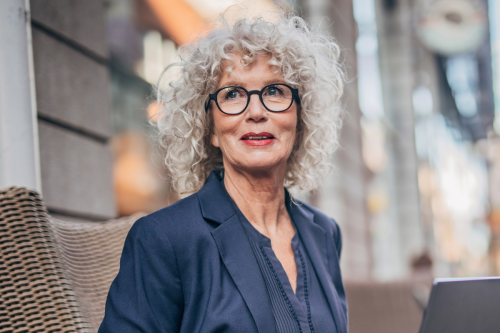
There are a few hairstyles with bangs that look especially good on women in their 60s.
Arrogant Smith, a professional hairstylist and hair consultant for KES Wigs, calls out the classic bob with bangs as an almost universally flattering one. “This style is always in fashion and looks great on most women,” Smith says, adding that it works for both casual and dressy looks.
If you’re looking for something edgier, Smith recommends a pixie cut with bangs or a choppy, asymmetrical cut with bangs. If you’d instead like to add volume and movement to your hair, try a long, layered cut with bangs. Side-swept bangs and curtain bangs are a great way to dip your toes into the world of fringe without going for a full-on bang.
READ THIS NEXT: The 5 Best Hairstyles for Gray Hair, According to Experts.
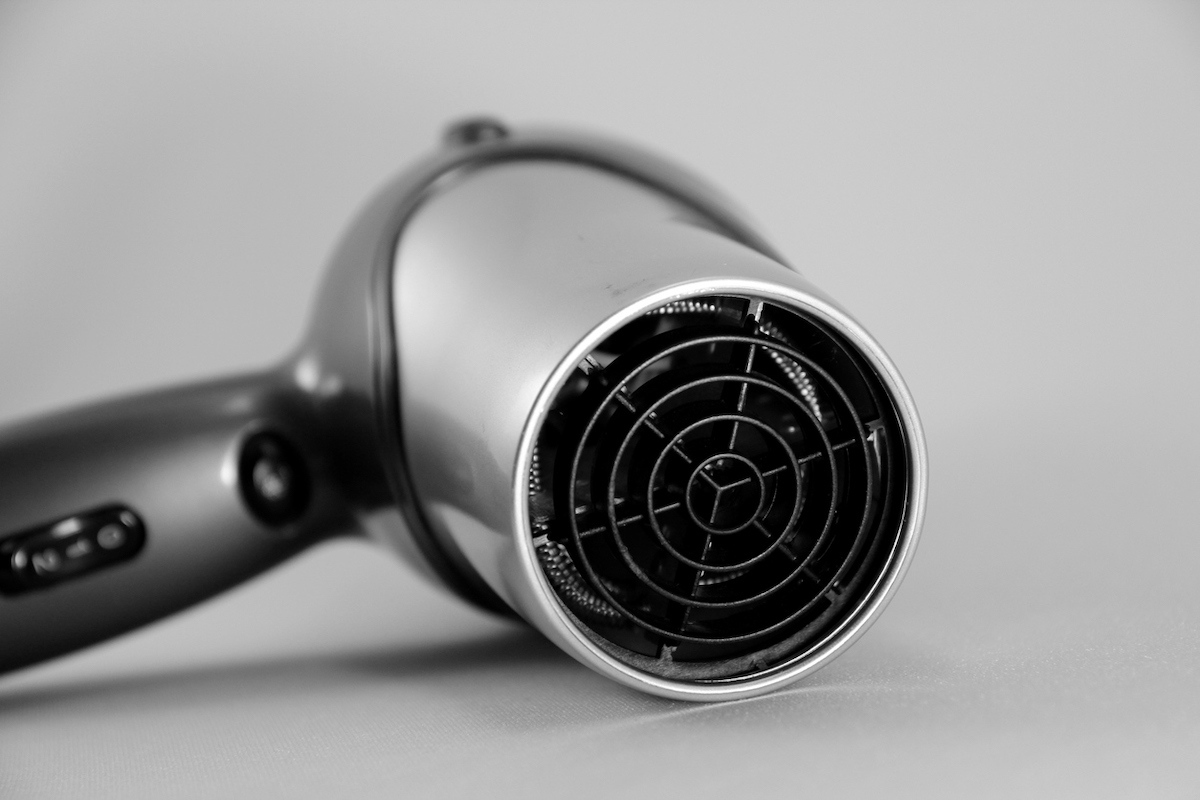
Once you’ve cut your fringe, you’ll want to experiment with the best way to style it. “Instead of using a flat iron or curling iron, use a round brush and a blow dryer; this will give you more of a soft, bouncy bang,” suggests professional hairstylist Tiffany Taylor. “If you don’t like your bangs to be too rounded or bent, I would use a Denman brush and a blow dryer to style your bangs. This method gives you a smoother bang, but still gives you that softness.”
When you style your bangs, make sure to use a heat protectant. This will prevent brittleness, split ends, and dryness, especially in your 60s, when hair is more prone to these issues.
For more beauty advice delivered straight to your inbox, sign up for our daily newsletter.
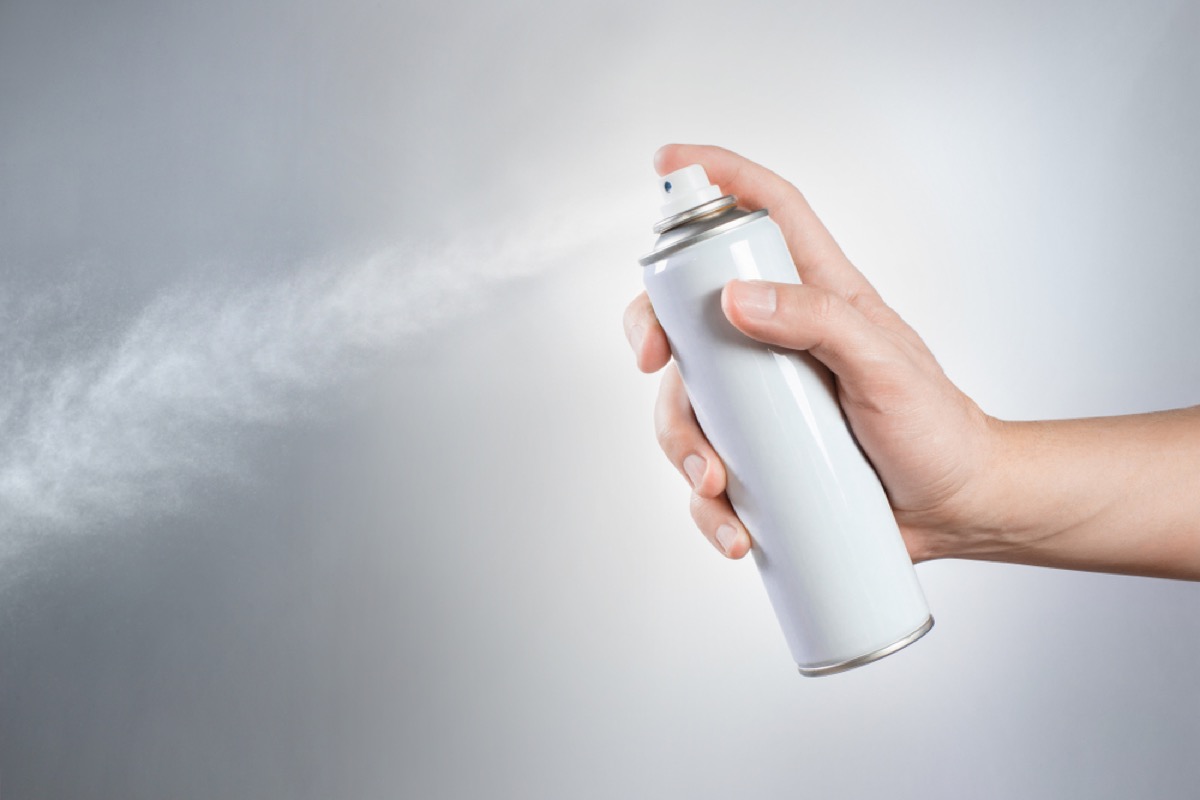
No matter how well you style your bangs, they still might have a mind of their own. “One thing that I always suggest to my clients is always keeping a dry shampoo in proximity,” says Lianne Hanaford, a professional hairstylist with GK Hair. “Your bangs become oilier sooner than you think due to all of the face oils, and washing them too often could lead to thinning.”
Fortunately, a few spritzes of dry shampoo can revive them in a pinch. Invest in a travel size so you can take it on the go.
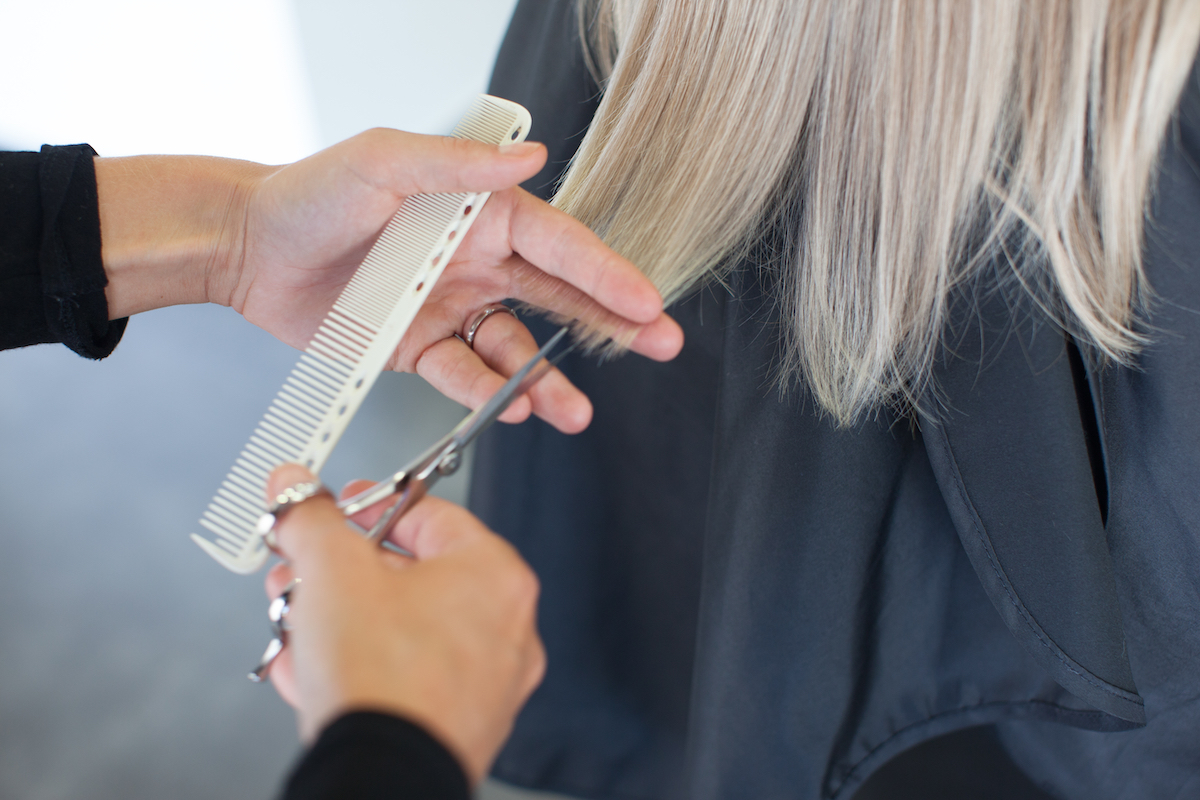
In your 20s, a grown-out bang might’ve looked boho and sexy. These days, it might simply look unkempt. To prevent that, you’ll want to get regular trims.
“I always recommend that my clients with bangs over 60 get them trimmed about every four to six weeks,” says Smith. “This will help keep them looking neat and tidy, and it will also help prevent them from growing too long and becoming difficult to manage.” That way, you’ll have fabulous fringe for as long as you decide.

